
In a phase 3 trial, the investigational oral PCSK9 inhibitor enlicitide reduced LDL cholesterol by nearly 60% in adults with or at risk for ASCVD.

In a phase 3 trial, the investigational oral PCSK9 inhibitor enlicitide reduced LDL cholesterol by nearly 60% in adults with or at risk for ASCVD.

Experts at AHA 2025 outlined how digital tools, inclusive trials, and safer deprescribing can reshape cardiovascular care for aging adults.

Brensocatib improves lung structure and reduces exacerbations in non-cystic fibrosis bronchiectasis with or without COPD, according to posters presented at this year's CHEST meeting.

Research shows how low-dose aspirin, lifestyle habits, and the Life’s Essential 8 checklist can affect cardiovascular risk in patients with type 2 diabetes.

Oncology experts at PCOC 2025 discuss breakthrough therapies, AI-driven care, and evolving care delivery models shaping the future of oncology.
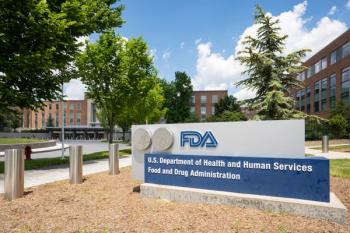
Speakers at AMCP Nexus 2025 reviewed the oncology pipeline, highlighting expanded indications and new therapies advancing innovation, access, and value.

AMCP Nexus connects pharmacy leaders, drives policy change, and empowers members to enhance health care access and improve patient outcomes.

Michael Hassett, MD, MPH, discusses the rise of oral therapeutics in breast cancer care, emphasizing patient support, education, and overcoming financial barriers for better outcomes.
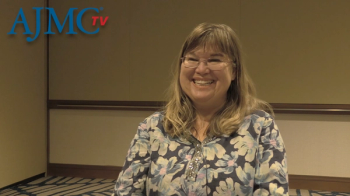
Lisa Taylor-Swanson, PhD, explains how including Indigenous and Hispanic women in conversations around menopause care helps fine-tune interventions.

Despite social media frenzy, there is limited evidence around testosterone’s impact on muscle, mood, and other menopausal symptoms.
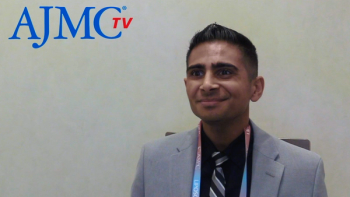
Online health discussions can influence patient behaviors, but misinformation spreads easily. Khush Kharidia, MD, UT Southwestern, explains how creator credibility impacts cholesterol-related health information.
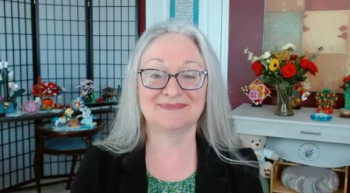
Kimberly Westrich, MA, discusses how patient engagement can revolutionize health care decision-making and break down barriers to accessing necessary medicines and care.

Innovative payer approaches and holistic support could help expand GLP-1 use and improve obesity care outcomes, experts claimed.

PBM legislation is rising nationwide, which experts emphasize could increase costs and hinder patient care.

Guideline adherence in treating acute lymphoblastic leukemia (ALL) enhances health care resource utilization, especially for adolescent and young adult patients.

Harry Travis, BS Pharm, MBA, explores how artificial intelligence (AI) can revolutionize pharmacy workflows for sustainable productivity gains.

Geni Tunstall, JD, discusses how pharmacy benefit manager reforms, Medicaid changes, and the MAHA initiative may impact managed care pharmacy operations.

Experts at AMCP Nexus 2025 highlighted how real-world data can improve CAR T-cell therapy access and outcomes.
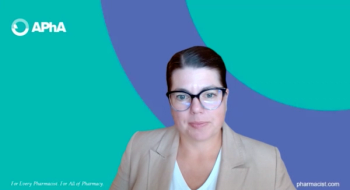
Brigid Groves, PharmD, MS, discusses the importance of using trustworthy sources so that pharmacists can support communities with accurate information.
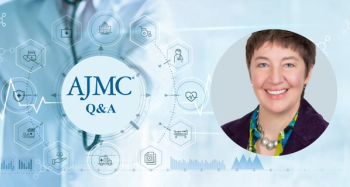
Real-world evidence helps pharmaceutical companies and payers communicate more effectively.

Chelsea Renfro, PharmD, discusses the importance of rigorous study designs to establish medication efficacy.
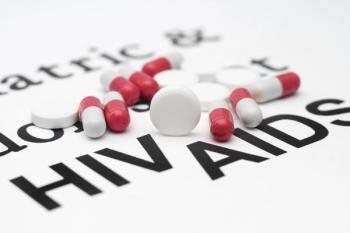
The antiretroviral (ART) regimen Biktarvy showed higher 1-year ART persistence and lower switch rates among people with HIV.
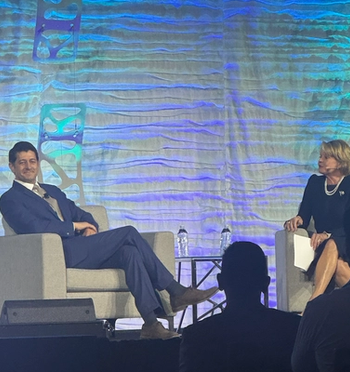
In the midst of a government shutdown, former House Speaker Paul Ryan urges clear policies, AI innovation, and patient-focused solutions to build a sustainable US health care system.

Tildrakizumab maintained a favorable safety profile through 208 weeks in patients with psoriatic arthritis, with no new safety signals reported.

Posters presented at AMCP Nexus 2025 found especially low oral HIV PrEP uptake among transgender individuals and those facing insurance challenges.

Explore the future of cancer treatment with tumor-agnostic therapies, as experts unveil promising trials and innovative drug developments at ESMO.
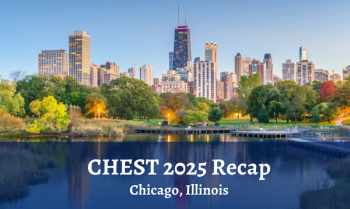
Experts at CHEST 2025 highlight rising costs, insurance complexity, and workforce shortages as major barriers to health care access in the US.

Vaccine awareness, safety, and addressing misinformation are all important to improve adherence and public health outcomes, said Kristina Crothers, MD.

Panels held throughout the conference emphasized both how far the specialization has come but also how far it has yet to go.

New data reinforce elinzanetant’s safety, efficacy, and ability to improve sleep disturbances in menopausal women, independent of vasomotor symptom relief.

259 Prospect Plains Rd, Bldg H
Cranbury, NJ 08512
© 2025 MJH Life Sciences®
All rights reserved.
